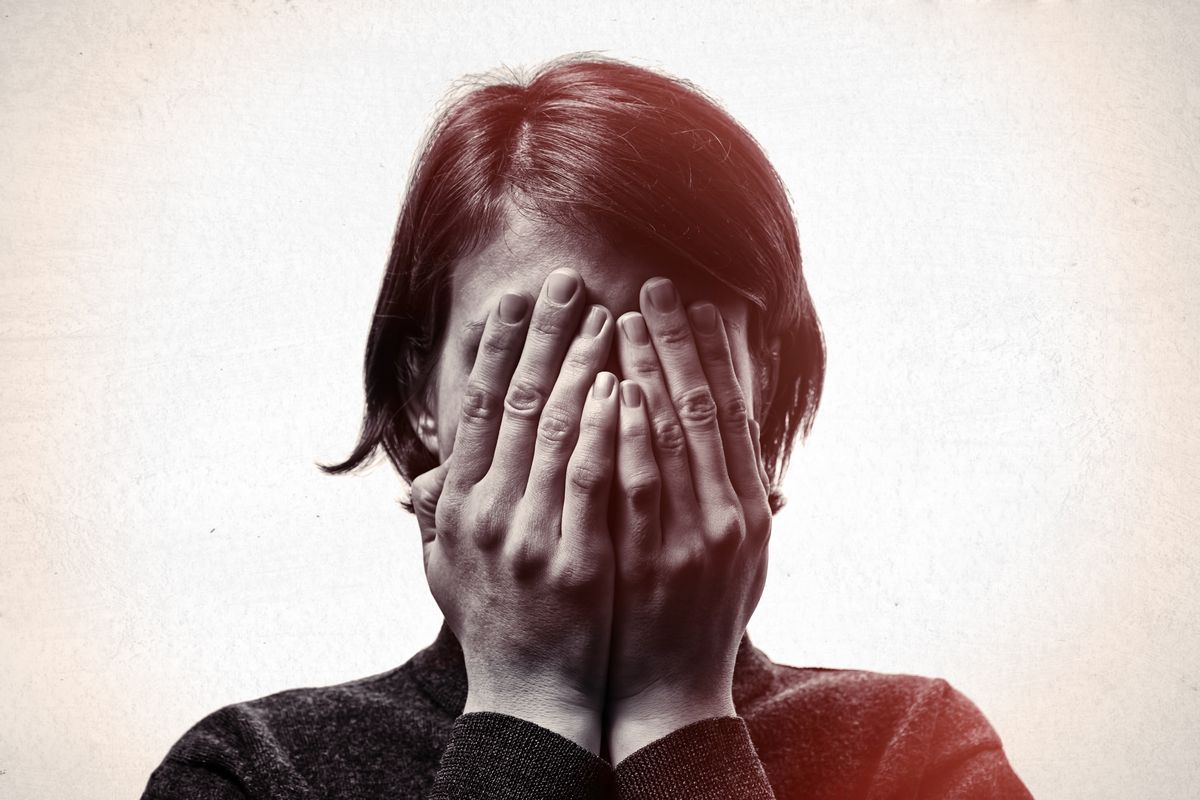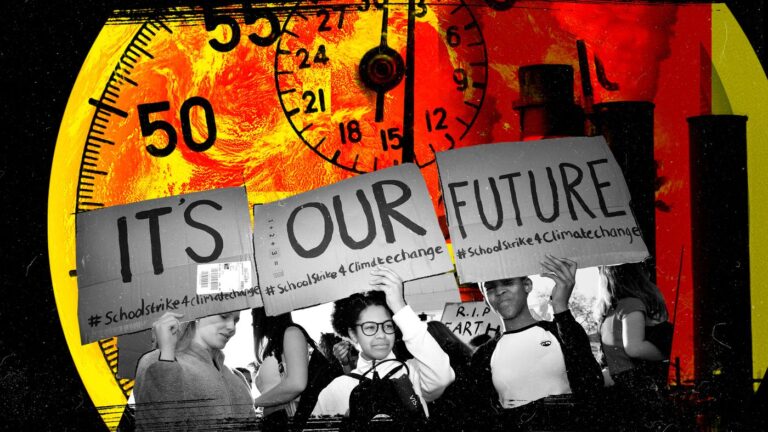Breaking the Culture of Shame by Sharing
Throughout my recovery journey, I’ve had the chance to reflect on my 20 years within the child welfare system. In doing so, I’ve come to realize that discussions about the shortcomings of these programs are often silenced because the system is so deeply flawed. The silence around these issues only serves to protect a broken system, while the very populations it is meant to serve continue to suffer.
During my years working within government, I’ve frequently heard authority figures use statements like, “We can’t discuss this due to confidentiality,” to shut down important conversations. Yet, issues such as unmanageable workloads leading to stress and illness are topics that need urgent attention. The child welfare system has never been able to effectively implement a case management plan. Poor caseload management has directly impacted the quality of work, leading to increased staff illness, including PTSD and other mental health struggles, alongside a growing number of children in care. We must ask ourselves: why is this happening? I believe that many of the system’s issues could be alleviated with a thoughtful, responsible approach to case management.
The system often shames those who speak up, labeling them as complainers or misfits. Statements like, “Maybe this job isn’t for you,” are frequently used to silence workers who raise concerns about the current state of affairs—both the working conditions and the impact on vulnerable populations. It’s a form of character assassination that shifts the focus from the systemic issues to questioning the individual’s commitment. This tactic works to silence dissent.
I am determined to break this culture of shame by fostering open dialogue and sharing stories. Social workers are often caught in a paradox: they are deeply committed to helping, yet much of their work ends up being oppressive. I came to realize that my value in the system was not about who I was as a person, but what I could produce. When my ability to perform was compromised, I was discarded. I can’t go back to a system that broke me, but I can use my experience to advocate for change.
The principles of public interest and equality are fundamental to the social work code of ethics. It is not only in the public’s best interest to discuss these issues, but also essential for the well-being of communities. It’s time for organizations to stop avoiding these uncomfortable conversations and make real, responsible efforts to address them.





